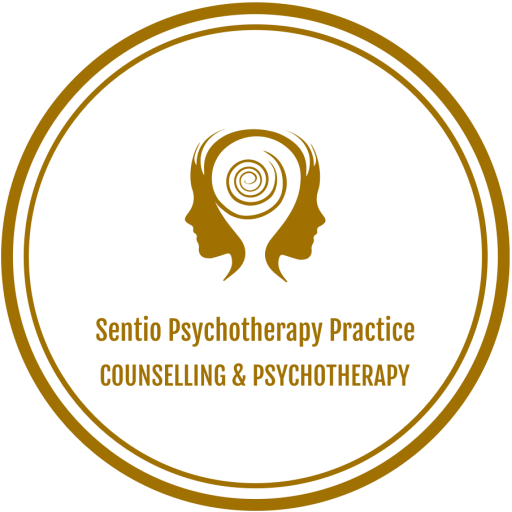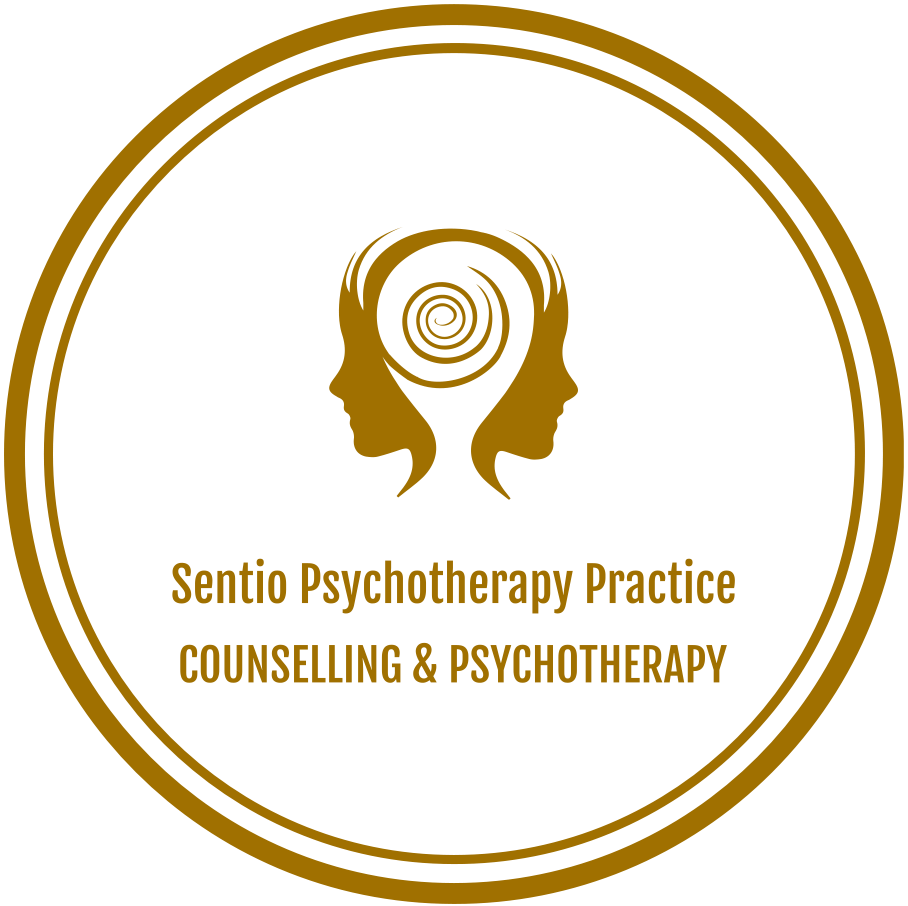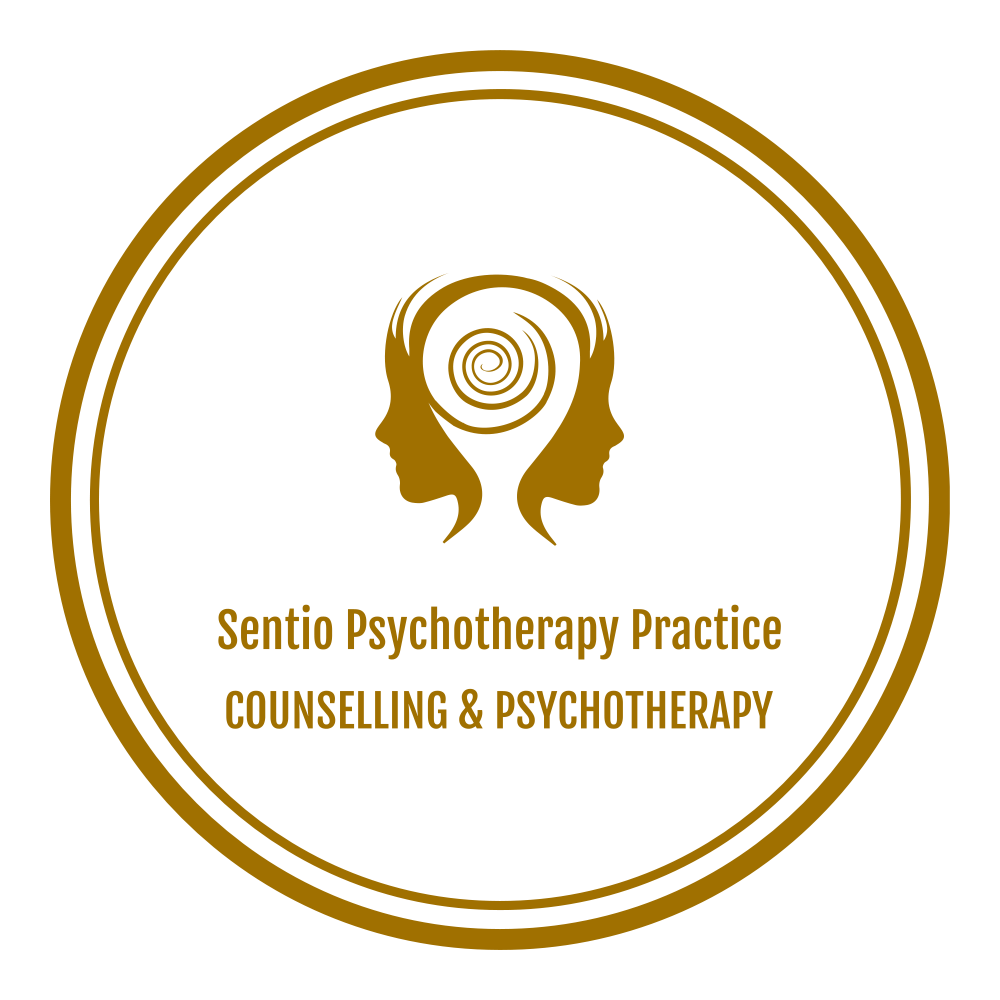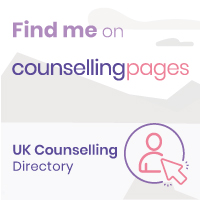FAQ’s About Counselling & Psychotherapy
Counselling and psychotherapy provides a confidential, non-judgemental, supportive environment in which you can talk through any issues causing you difficulty, distress or concern. Both therapies can help you to make sense of your feelings, make changes in your life or come to terms with things that can’t be changed. It can help you to focus on those issues which are uniquely personal to you, understand them and lead to greater self-awareness, autonomy and growth.
People access counselling and psychotherapy for all sorts of reasons including anxiety, depression, low self-esteem, self-harm, panic, unwanted thoughts, family and relationship problems, divorce, bereavement, past issues, abuse, addiction … to name but a few.
However, you might not be sure why you’re feeling the way you are. You might not feel right and wonder why that is. You may even have difficulty naming the feelings that you’re having. Counselling and psychotherapy can function as a means to explore confused thoughts and feelings and achieve greater self-awareness in relation to self and others.
Sessions typically take place weekly and last for sixty minutes. Some people may prefer to attend fortnightly or even monthly depending on their personal circumstances. As a person-centred psychotherapist, I feel it is important to give people the independence and autonomy to make this decision for themselves. However, attending weekly sessions at first can help to gain momentum with the therapeutic process. Some people then prefer to move to fortnightly or monthly.
Fees are £55 per one hour session (60 minutes).
I also offer concessionary rates for full-time students who are either unemployed or working part-time, trainee counsellors and people on low incomes. I do not require any kind of written evidence of this from you.
Also, it is vitally important to find a therapist you feel comfortable with and who is the right fit for you. For this reason, I offer a free 30 minute telephone consultation so you can decide if working with me is the best option for you. During this session we can discuss what that might look like, and I can answer any questions you might have.
Some people like to talk to a few different therapists before making a decision on whether to book a session. This is an important part of the process for anybody seeking counselling. There is no obligation to book a session with me after our telephone consultation and I will support and respect whatever you decide.
This is different for everybody and can depend on the issues you bring to therapy. Some people come for just a few sessions and feel ready to stop whilst others may come for several months or longer. This is something we can discuss and agree together. Often, this becomes clearer as your counselling progresses. If you have been referred to me via an EAP (employee assistance programme) then it is likely there will be a limit to the amount of counselling sessions you can have. This would always be discussed at the outset.
Privacy, trust and honesty are three of the most important values in counselling and psychotherapy. To demonstrate my commitment to your privacy, I can confirm that I am registered with the Information Commissioners Office (ICO), follow all GDPR & Data Protection Law guidelines and adhere to the NCPS Code of Ethics for confidentiality.
I follow the NCPS Code of Ethics regarding client confidentiality. There are ethical and legal frameworks regarding protection of sensitive information and the protection of the public and individuals. There may be occasions when there is a conflict between these two areas. Counsellors cannot be legally bound to confidentiality about a crime where it constitutes risk of serious harm to a client or others. The Department of Health defines serious crime as murder, rape, treason, kidnapping, child abuse, crimes involving financial gain and loss and terrorism. For more information on the NCPS code of ethics for confidentiality, please click this link nationalcounsellingsociety.org/about-us/code-of-ethics/safeguarding-policy.
I am registered with the National Counselling & Psychotherapy Society. NCPS is the second largest accredited register of counsellors and psychotherapists in the UK. They are fully accredited by the Professional Standards Authority and require all members to evidence their qualifications, ongoing professional development and exist to ensure practitioners are practicing in a safe, ethical and competent manner. You can check NCS by clicking on this link: nationalcounsellingsociety.org.
Online counselling is a way of having counselling on a video chat platform. It is particularly useful if you are unable to access transport to attend counselling. Some people feel it gives more flexibility regarding physical accessibility as it removes geographical barriers. It may also take less time out of your day as you do not have additional travelling time.
However, it is important to ensure that you have a reliable internet connection and a quiet, private space to engage in online counselling. Some popular platform used are Zoom, Microsoft teams, Skype, Facetime & What’s App Video.
I have a Masters Degree & Post Graduate Diploma in Person-Centred Experiential Counselling & Psychotherapy (Level 7) from Liverpool John Moore’s University. The minimum qualification required to practice is a Level 4 certificate (equivalent to one year of an undergraduate degree). I have regular supervision as part of my practice, attend my own personal therapy and engage with continued professional development. It is important to make sure your Therapist is qualified. Counselling & Psychotherapy is not a regulated profession in UK. Your therapist should be registered with a membership body that is recognised by the Professional Standards Authority. You can check this by clicking on this link: professionalstandards.org.uk.
The easiest way to check that any counsellor or psychotherapist is genuinely qualified is via their membership body. Counselling & Psychotherapy is NOT a regulated profession in the UK nor are the titles protected. This means that anybody can call themselves a counsellor or psychotherapist. Certain membership bodies are accredited by the Professional Standards Authority (PSA) and all adhere to following minimum professional standards in regulating and registering people who work in health and social care. The PSA is an independent organisation accountable to UK Parliament. My membership body is the National Counselling & Psychotherapy Society, they are a member of the Professional Standards Authority accredited registers. You can click the following links to both of their websites: professionalstandards.org.uk and nationalcounsellingsociety.org.
Sessions take place in my private, discreet counselling room located in Widnes. Off road parking is available. I also offer online and telephone counselling. Some clients may opt for for face to face counselling whilst others are more comfortable with online and telephone. Equally, some clients like to have a mixture of the three. It is your personal choice.
Home
About Sentio
About Lisa Major
Sessions & Fees
Contact Me
Blog




